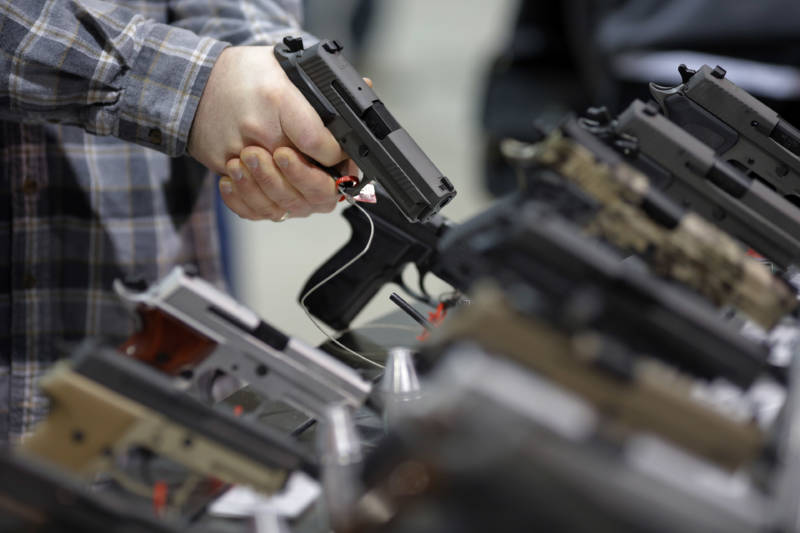California Gov. Gavin Newsom on Friday signed a law that will make the state the first to allow employers, co-workers and teachers to seek gun violence restraining orders against other people.
The bill was vetoed twice by former Gov. Jerry Brown, a Democrat, and goes beyond a measure that he signed allowing only law enforcement officers and immediate family members to ask judges to temporarily take away people's guns when they are deemed a danger to themselves or others.
Newsom, also a Democrat, signed a companion bill allowing the gun violence restraining orders to last up to five years, although the gun owners could petition to end those restrictions earlier.
The new pieces of legislation are among 15 gun-related laws that Newsom approved this year as the state strengthens what the Brady Campaign to Prevent Gun Violence calls the nation's toughest restrictions.
"California has outperformed the rest of the nation, because of our gun safety laws, in reducing the gun murder rate substantially compared to the national reduction," Newsom said as he signed the measures, surrounded by state lawmakers. "No state does it as well or comprehensively as the state of California, and we still have a long way to go."
Between 1993 and 2017, there was a 62% decline in the gun murder rate in California, nearly double the national rate, he said.
